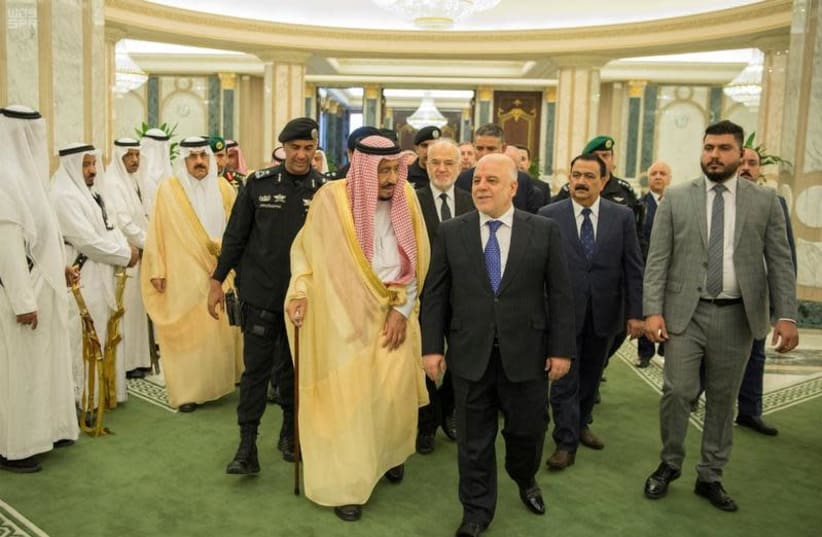Produced by Transparency International, the CPI examines perceived corruption via surveys of experts and businesspeople. It utilizes data from 13 independent economic, social and development indices to rank countries based on a score of 0 to 100, where 0 is extremely corrupt and 100 indicates little to no corruption.
“Our research makes a clear link between having a healthy democracy and successfully fighting public sector corruption,” Delia Ferreira Rubio, chair of Transparency International, says in the latest report, adding that “corruption is much more likely to flourish where democratic foundations are weak and, as we have seen in many countries, where undemocratic and populist politicians capture democratic institutions and use them to their advantage.”
Dropping by 15 points (to 36 from 51) since 2015, Bahrain has undergone the most statistically significant descent into corruption of all other states in the region. However, Turkey (to 41 from 49), Yemen (to 14 from 23) and Syria (to 13 from 26) also seem to be experiencing great challenges in the struggle to improve political and corporate transparency.
David Butter, Associate Fellow at the London-based Chatham House think-tank, explained to The Media Line that “in the cases of Syria and Yemen, corruption is emphasized by a type of regime where there is very strong competition between the centers of power over the control of resources.
“This is compounded by the conflicts in these countries,” he added, “which are driven by a lot of militias, factions and divisions within militaries. These factors increase fragmentation thereby opening up a lot of space for corruption” by degrading centralized controls for accountability.
With the case of Bahrain and Turkey, however, increased corruption is strongly linked to the rise of authoritarianism.
Turkish President Recep Tayyip Erdogan has placed the country’s media in loyal hands and has silenced opponents ahead of electoral battles. Similarly, the legitimacy of the result of Bahrain’s elections at the end of last year was questioned as large segments of society boycotted the polls in protest of the absence of a true opposition party.
According to the CPI, some nations in the region have shown slight improvement over the last four years, including Oman (from 45 to 52), Tunisia (from 38 to 43) and Morocco (from 36 to 43). Meanwhile, the ratings of Iran (28), Lebanon (28) and Iraq (18) have essentially remained static over that period in part because they are already some of the lowest-ranked countries in the world.
Also among the nations included in the 2018 survey were Saudi Arabia (49), Egypt (35), Jordan (49) and Israel (61).
Addressing the complexity of the index’s findings, Michael Hornsby, Communications Director at Transparency International, explained to The Media Line that “the index mainly shows the positions of countries relative to others rather than an absolutely value. As such, the best way to use the tool is to look for major shifts in status and global trends.”
“The data that CPI is based on are compiled at different times and through different methods,” Hornsby said. “It’s not always the case that an internationally-recognized event will change the rating because sources are often internal to the countries and may not perceive events in the same light as international observers.”
Taking into account the low rankings of most MENA countries and their relative failure to improve, the CPI offers that “the fight against corruption in the Middle East and Northern Africa remains grim.
“In a region where civil liberties continue to be under repressive state control and the social contract between states and their citizens has been broken for decades, it is no surprise that corruption remains stubbornly high,” the report concludes.
Victor Cabrera is a student intern in The Media Line’s Press and Policy Student Program.For more stories go to www.themedialine.org
